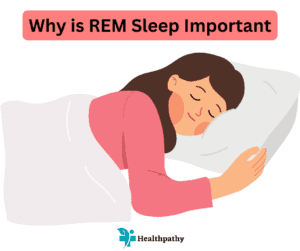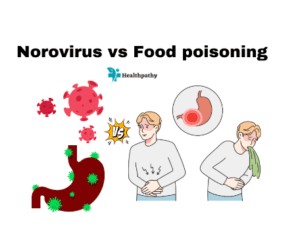How to increase Deep Sleep

Deep sleep, also known as slow-wave sleep or stage 3 NREM (non-rapid eye movement) sleep, is a critical phase of our sleep cycle. During deep sleep, the body undergoes essential restorative processes, including tissue repair, hormone regulation, memory consolidation, and immune system strengthening. However, many individuals struggle to achieve sufficient deep sleep, leading to daytime fatigue, reduced cognitive function, and compromised overall health. In this article, we will explore evidence-based strategies to increase deep sleep for a more rejuvenating and restful night’s rest.
Prioritize Consistent Sleep Schedule:
Establishing a regular sleep schedule is crucial for improving deep sleep. Aim to go to bed and wake up at the same time every day, even on weekends. This practice helps regulate the body’s internal clock, making it easier to fall asleep and maintain deep sleep cycles.
Create a Relaxing Bedtime Routine:
Developing a calming bedtime routine signals your body that it’s time to wind down and prepare for sleep. Consider activities like reading, taking a warm bath, practicing gentle stretches, or engaging in relaxation techniques such as meditation or deep breathing exercises.
Optimize Sleep Environment:
Make your sleep environment conducive to relaxation and rest. Keep your bedroom cool, dark, and quiet to minimize disruptions during the night. Invest in a comfortable mattress and pillows to promote proper spinal alignment and reduce discomfort.
Limit Exposure to Blue Light Before Bed:
Blue light emitted by electronic devices, such as smartphones, tablets, and computers, can interfere with the production of the sleep hormone melatonin. Reduce screen time at least an hour before bedtime or use blue light filters on your devices to promote natural melatonin release.
Manage Stress and Anxiety:
Chronic stress and anxiety can negatively impact sleep quality, including deep sleep. Adopt stress-reduction techniques, such as mindfulness meditation, yoga, journaling, or seeking support from a therapist, to help alleviate stress and promote relaxation before bedtime.
Be Mindful of Food and Drink Intake:
Avoid heavy meals, caffeine, and alcohol close to bedtime. These substances can disrupt sleep patterns and hinder the transition to deep sleep. Instead, opt for a light, nutritious snack if necessary, and drink herbal teas like chamomile, which may promote relaxation.
Regular Physical Activity:
Engaging in regular physical activity can enhance deep sleep. Aim for at least 30 minutes of moderate exercise most days of the week, but avoid intense workouts close to bedtime, as they may stimulate the body and make it harder to fall asleep.
Limit Daytime Naps:
While short power naps can be beneficial for some, excessive daytime napping or napping late in the day can interfere with nighttime sleep, including deep sleep. If you need a nap, try to keep it short (20-30 minutes) and earlier in the day.
Consider Sleep Supplements with Caution:
Certain supplements, such as melatonin or magnesium, may aid in promoting sleep quality, including deep sleep. However, consult with a healthcare professional before using any supplements to determine the right dosage and ensure they do not interact with any existing medications.
Address Sleep Disorders:
If you consistently struggle with sleep despite trying these strategies, it’s essential to seek professional help. Sleep disorders like sleep apnea or insomnia can significantly impact deep sleep, and a sleep specialist can provide an accurate diagnosis and personalized treatment plan.
Summary:
Prioritizing deep sleep is crucial for overall health and well-being. By adopting healthy sleep habits, managing stress, and creating a sleep-conducive environment, you can significantly improve your deep sleep quality. Remember that individual responses to sleep-enhancing strategies can vary, so be patient and persistent in finding what works best for you. A well-rested body and mind will undoubtedly lead to increased productivity, better mood, and improved overall health.
Related Article:



Follow us:




